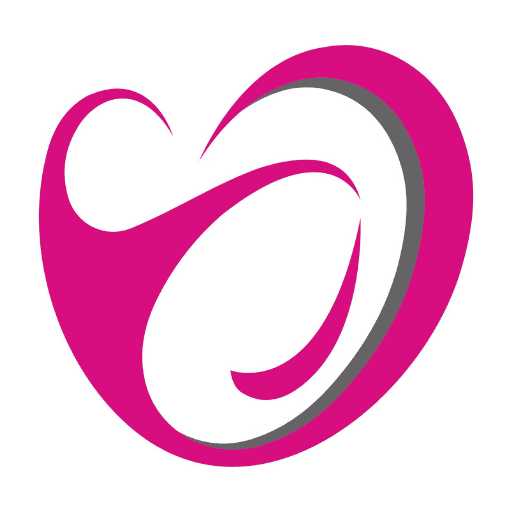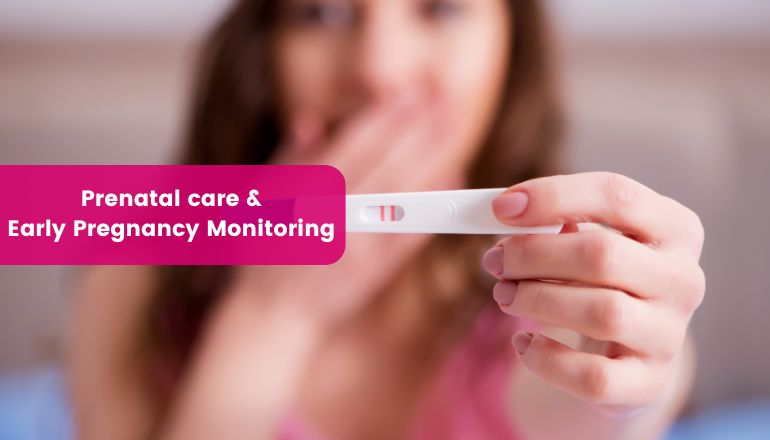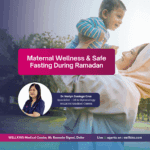Author: Dr.Verlyn Zuniega Cruz (Specialist Obstetrician and Gynaecologist – WELLKINS Medical Centre)
Prenatal care is a cornerstone of a healthy pregnancy and the well-being of both mother and child. It involves regular check-ups, screenings, and monitoring to ensure optimal fetal development and maternal health. Early and consistent prenatal care is particularly crucial as it allows for early detection and management of potential complications.

During prenatal visits, we conduct detailed ultrasounds and routine check-ups to monitor your health. Regular visits help us detect potential issues early, reducing the risk of complications during pregnancy and childbirth. You can expect comprehensive ultrasounds, regular health checks, and personalized advice on nutrition and lifestyle.
Early Pregnancy Monitoring
The first trimester, spanning the initial 14 weeks of pregnancy, is a period of rapid fetal development and significant changes for the mother. Regular monitoring during this phase is essential for:
- Confirming Pregnancy: Early ultrasound scans can confirm the pregnancy, estimate the gestational age, and detect multiple pregnancies.
- Assessing Fetal Health: Regular ultrasounds can monitor fetal growth, heartbeat, and development, providing reassurance about the baby’s well-being.
- Detecting Complications: Early detection of potential issues like ectopic pregnancy, miscarriage, or gestational trophoblastic disease is vital for timely intervention.
- Managing Maternal Health: Monitoring blood pressure, weight, and other vital signs helps in managing conditions like gestational diabetes or preeclampsia.
Key Components of Prenatal Care
Beyond early pregnancy monitoring, comprehensive prenatal care encompasses:
- Regular Check-ups: Scheduled visits allow for assessment of maternal and fetal health, addressing concerns, and providing guidance on lifestyle, nutrition, and exercise.
- Blood Tests: These screen for blood type, Rh factor, infections, and genetic disorders, informing necessary interventions.
- Ultrasound Scans: Regular ultrasounds track fetal growth, development, and position, while also assessing placental function and amniotic fluid levels.
- Genetic Screening: Depending on maternal age, family history, or other factors, genetic screening may be offered to identify potential chromosomal abnormalities.
- Education and Counseling: Prenatal care provides opportunities to learn about pregnancy, childbirth, newborn care, and breastfeeding.
Here are some tips for a healthy pregnancy:
1. Maintain a balanced diet rich in vitamins & minerals
2. Stay hydrated and get regular exercise.
3. Avoid harmful substances like alcohol and tobacco.
4. Attend all scheduled prenatal appointments.
The Role of the Best Ob & Gynecologist in Prenatal Care at Qatar
Obstetrician-gynecologists are specialized in women’s health and pregnancy care. They provide expert guidance, perform necessary examinations, and interpret test results. Their role extends to managing complications, delivering babies, and providing postpartum care.







